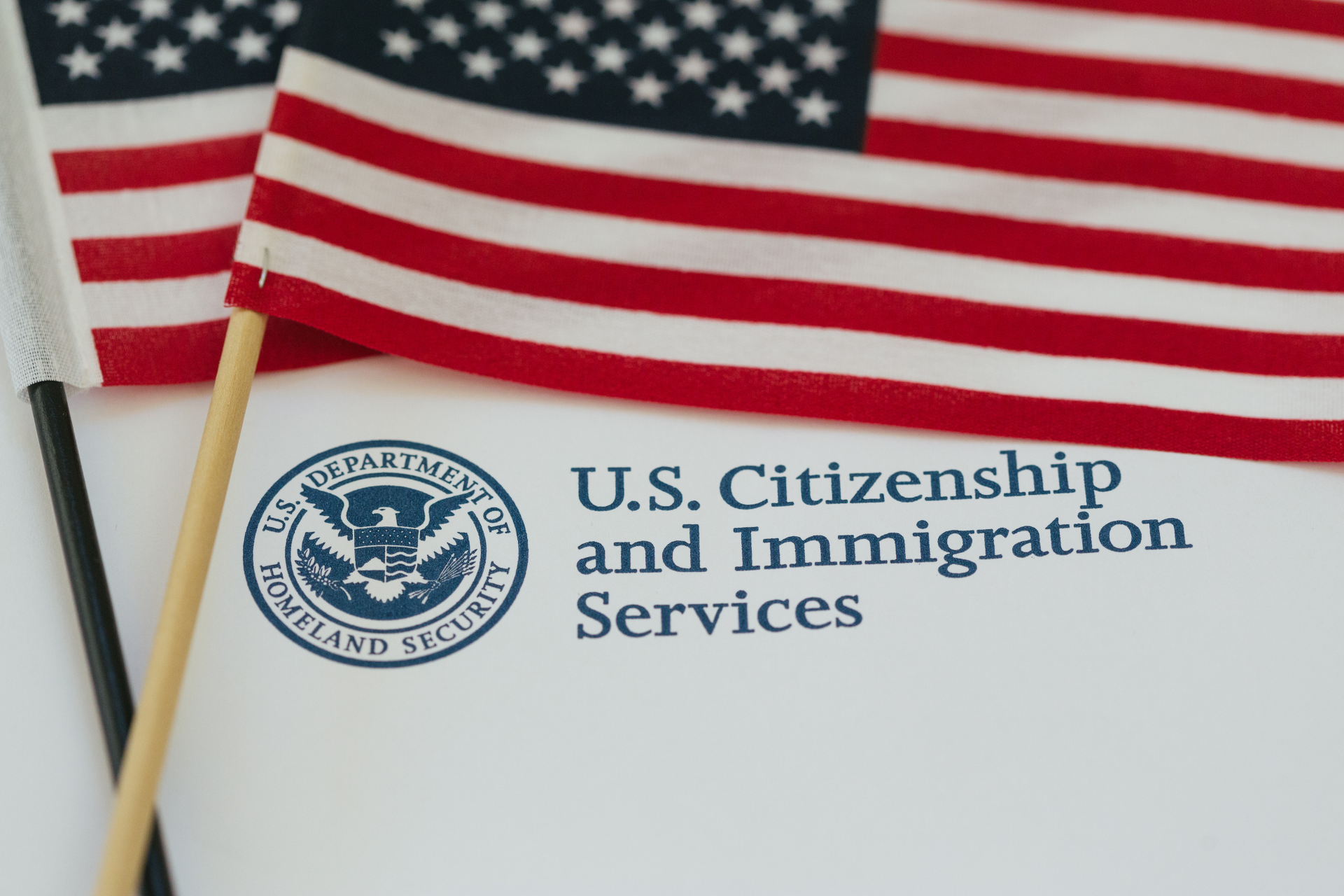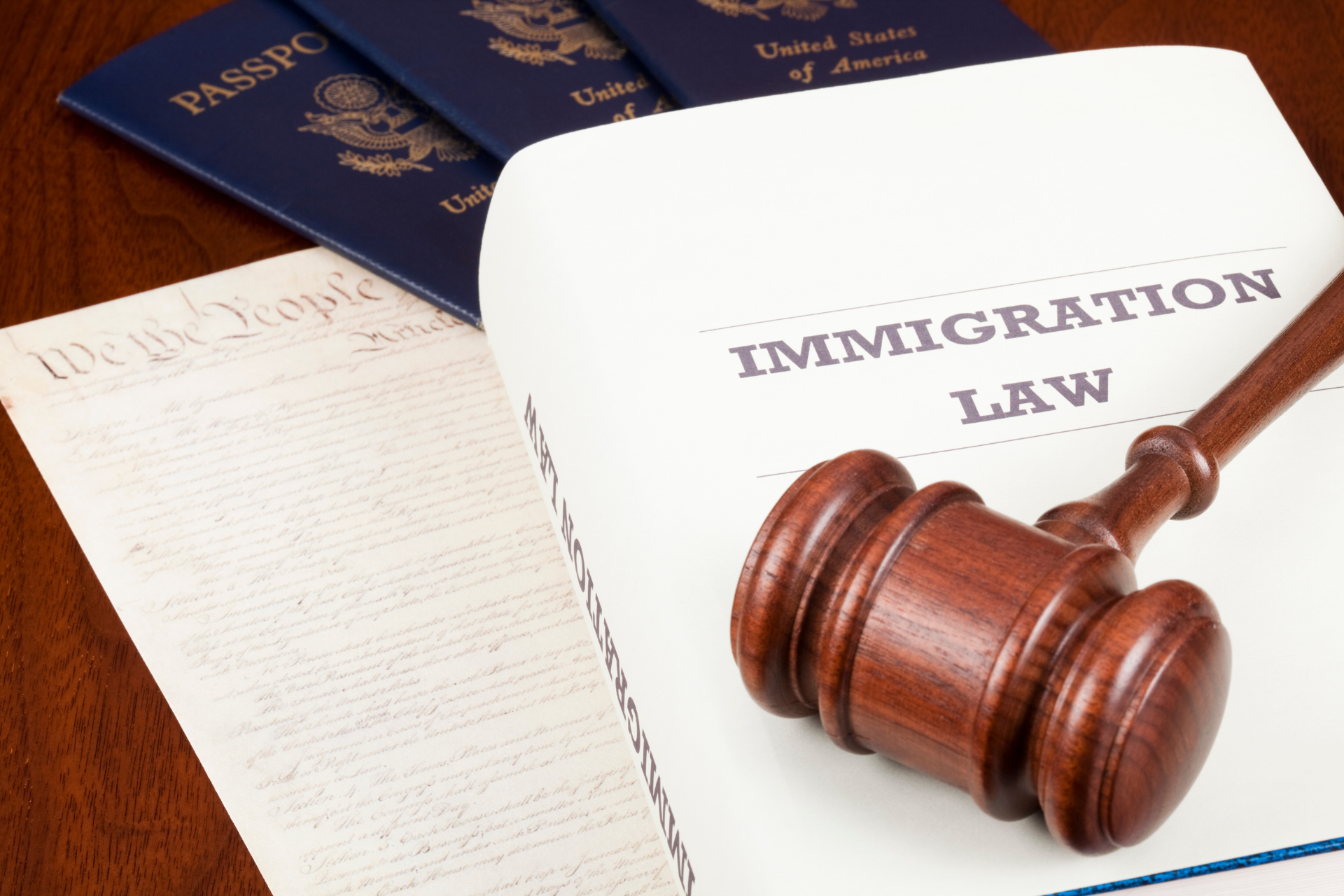Expert Insights
Our Blog
Potential Immigration Changes Under a New Trump Administration
Immigration laws and policies in the U.S. have seen dramatic shifts in recent years, with each administration shaping the rules based on its priorities. As discussions surrounding potential changes...
Read more
USCIS Parole in Place Program: What You Need to Know
The Parole in Place (PIP) program, introduced by the Biden administration under the Keeping Families Together initiative, has recently faced significant legal challenges. Designed to help...
Read more
What Is President Biden’s Affirmative Relief Announcement?
On June 18, 2024, President Biden announced a series of immigration actions using the authority granted to him by our existing immigration laws. These actions will help certain undocumented...
Read more
Announcements
Sesiones Informativas
Domingo 16 de Marzo de 2:30pm–4:30pm
Salón Parroquial - Our Lady of Peace Catholic Church
15444 Nordhoff St, North Hills, CA 91343




